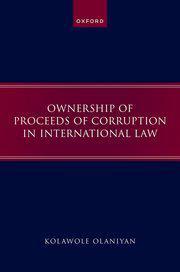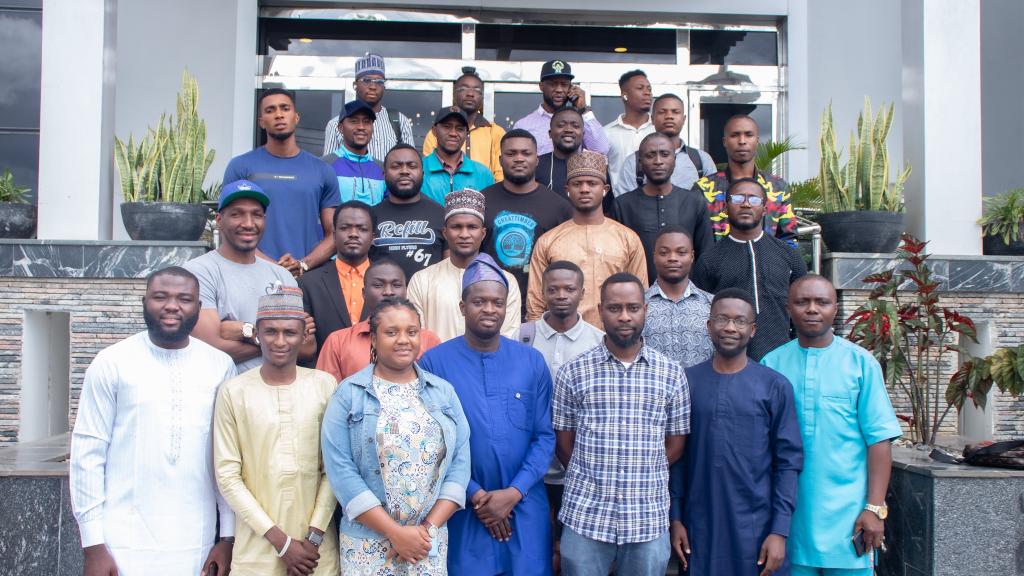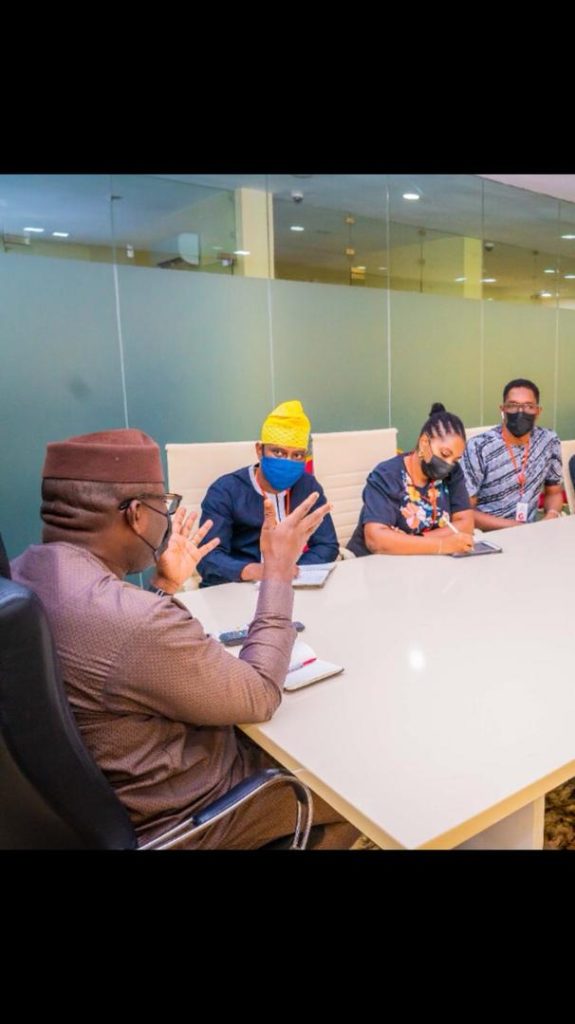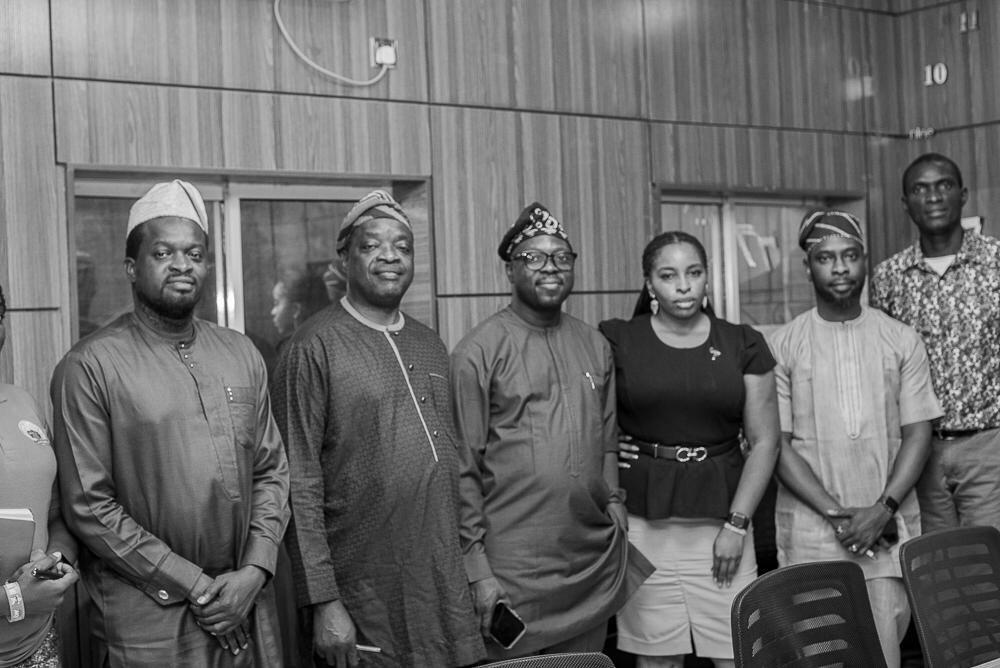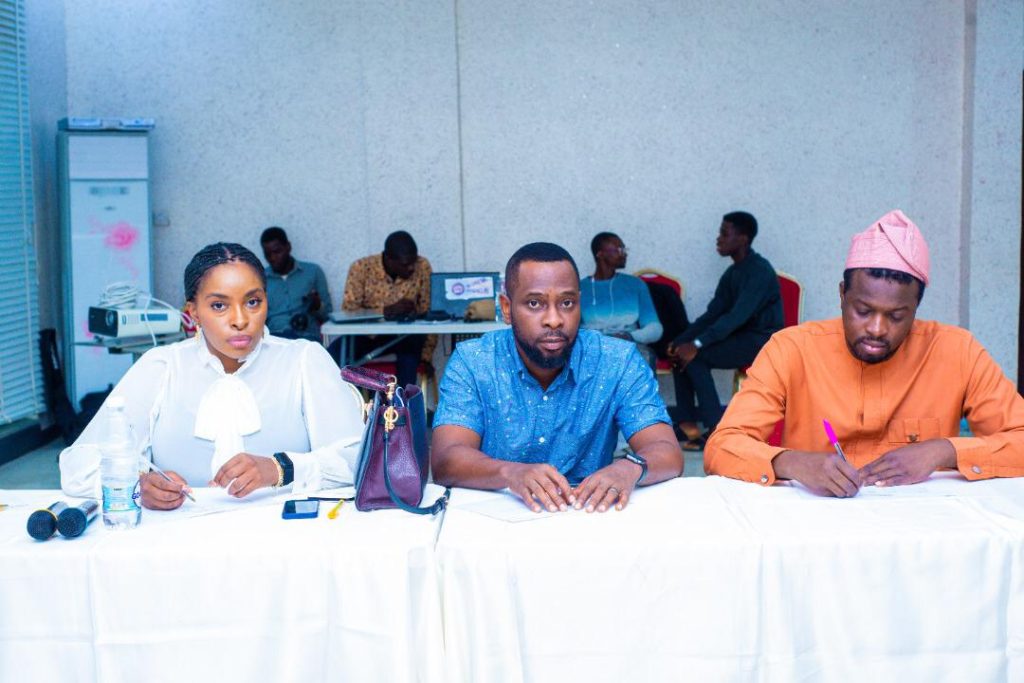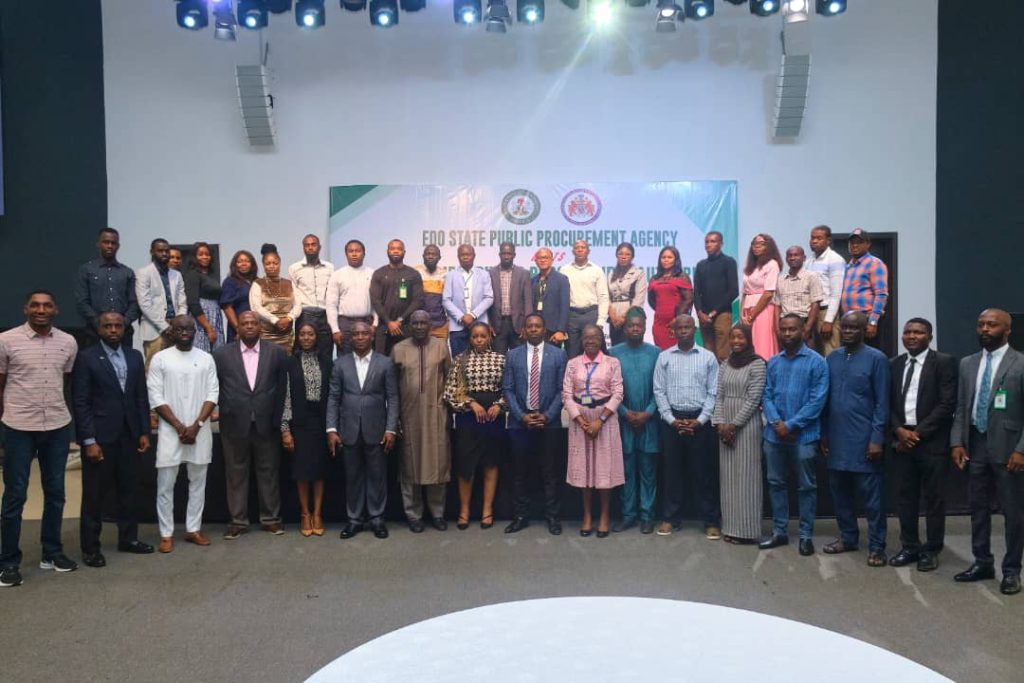Focusing on victims of corruption, the book argues that victim-states’ populations ought to be empowered to pursue grand corruption and asset recovery actions against their governments.
By Osa Mbonu-Amadi, Arts Editor
At a time when corruption has become a global menace, and recovery of its proceeds so problematic in the sense that the recovered assets are often re-looted by authorities into whose care the assets are entrusted, writers like Dr. Kolawole Olaniyan are pushing for formulation of international and domestic legal frameworks that will empower citizens who are direct victims of corruption to hold their governments accountable. Here, different experts offer their views on Olaniyan’s new book on the subject:
Combines theoretical and practical aspects of the struggle… – Dinah L. Shelton:
Recovery of proceeds deriving from corruption is now increasingly recognized as a principle of contemporary international law. However, people’s sovereign and ownership rights over their wealth and natural resources have remained more theoretical than real, especially in the global fight against corruption. As a result, the populations of victim-states often cannot hold their governments accountable for misusing proceeds of corruption, and do not benefit from the recovery, repatriation, management, and use of returned proceeds.
In the first comprehensive study on the issue, Kolawole Olaniyan challenges the conventional notion that sovereign and ownership rights over wealth and natural resources – and by extension, the proceeds of corruption – should be exclusively exercised by states.
Olaniyan’s Ownership of Proceeds of Corruption in International Law examines the relationship between the right to wealth and natural resources, proceeds of corruption, and economic activities. Focusing on victims of corruption, the book argues that victim-states’ populations ought to be empowered to pursue grand corruption and asset recovery actions against their governments. It proposes theoretical and legal remedies for recovering proceeds of corruption, encouraging the development of domestic laws.
“Kolawole Olaniyan has combined theoretical and practical aspects of the struggle to recover the proceeds of corruption to create a masterful and comprehensive treatise.
READ ALSO: AfDB set to tackle illicit financial flows, corruption in Africa – Official
Along the way, he presents case studies and jurisprudence that support his main thesis that criminal law and efforts to enforce it have been inefficient and largely unsuccessful in preventing or remedying corruption. He addresses the focus on public sector corruption and explains why limiting concern to this topic is misguided, because private sector corruption is just as problematic. He proposes that the international community instead or additionally look to international human rights law to implement the growing consensus that corruption undermines the rule of law, hampers development efforts, stifles democracy, and harms the most vulnerable throughout the world. This will be a valuable resource for government officials, lawyers, practitioners, scholars, and students alike.”
– From the Preface by Dinah L. Shelton, Manatt/Ahn Professor of International Law Emeritus, George Washington University Law School.
Suggested remedies could change narrative in asset recovery – Charity Hanene Nchimunya
“Dr Kolawole Olaniyan, a seasoned legal guru and anticorruption and human rights lawyer, has meticulously explored the important issues of ownership of proceeds of corruption and highlighted the inadequacies in the current legal rules and implementation mechanisms on asset recovery. Dr Olaniyan has further suggested ways in which these lacunae could be remedied, and the rules and mechanisms synchronized and strengthened to facilitate the recovery and repatriation of the proceeds of corruption to the rightful victims. Dr Olaniyan’s book makes a compelling case for why the global efforts to prevent and combat corruption and advance human rights must be reinvigorated, refreshed and revised to meet contemporary challenges. The book could not have arrived at a better time. This unique and important book is a great resource which should be embraced by all stakeholders; its scope is remarkable, and the suggested remedies could change the narrative in asset recovery.”
– Charity Hanene Nchimunya, Executive Secretary of the African Union Advisory Board against Corruption, Arusha, Tanzania
Another must-read book– Dupe Atoki
“Dr Kolawole Olaniyan has written another must-read book—Ownership of Proceeds of Corruption in International Law. His earlier book—Corruption and Human Rights Law in Africa presents a seamless read on the important nexus between corruption and human rights law. This illuminating and timely book therefore is a natural follow up. The global fight against corruption can only be effective when upon eventual recovery of its proceeds, the owners (the people) become real beneficiaries. In its absence, the fight will continue to be a rhetorical sing-song, rather deafening with no soothing sound to the victims. While identifying the complex legal and practical challenges to asset recovery, Dr Olaniyan characteristically proffers well-thought-out suggestions for reforms which if implemented will be a welcome relief to victims denied of their natural wealth and resources. Dr Olaniyan’s book is a seminar contribution to judicial and non-judicial approaches to issues of asset recovery and human rights. For this treatise, Dr. Olaniyan deserves our applause. All victims of corruption are indeed indebted.”
– H.E Dupe Atoki, Judge ECOWAS Court of Justice and former Chairperson of the African Commission on Human and Peoples’ Rights
A huge contribution to global efforts to prevent corruption – Juan E Mendez
“The recognition that corruption in all its forms is a major obstacle to development and enjoyment of human rights is well and long documented in literature. Corruption in the public and in the private sphere not only encourages the breach of rights to life and to personal integrity but it also hinders the fulfillment of the right to justice, exacerbates inequality and discrimination, and ultimately, entrenches injustice and impunity. Recognition, however, is not necessarily followed by the development of effective legal rules and mechanisms. Finally, Kolawole Olaniyan, an astute scholar and experienced practitioner on anticorruption and human rights law issues, has come up with an excellent and important analysis of the understanding of the complex issues of corruption, asset recovery and human rights. Olaniyan’s book makes a significant contribution to the pursuit of access to justice and effective remedies for victims of corruption everywhere. The book is also a huge contribution to the global efforts to prevent corruption as a central objective of democratic public policy and business and commercial policy.”
– Juan E Mendez, Professor of Human Rights Law in Residence, American University – Washington College of Law; Commissioner, International Commission of Jurists, and former UN Special Rapporteur on Torture (2010-2016)
Advances the idea of access of victims to effective remedies – Rachel Murray
“As a natural successor to his previous publication, Corruption and Human Rights Law in Africa, this book offers an original academic but also practitioner perspective on the interplay between the legal rules on asset recovery and human rights law. Dr Olaniyan innovatively applies an international human rights law framework to issues of ownership of proceeds of corruption and in so doing advancing the idea of access of victims to effective remedies. I would highly recommend this very impressive work as a valuable resource for students, academics, and professionals alike.”
– Professor Rachel Murray, Director, Human Rights Implementation Centre, University of Bristol Law School, UK.
Provides compelling theoretical, philosophical & legal arguments – Vincent Nmehielle
“In Ownership of Proceeds of Corruption in International Law, Dr Kolawole Olaniyan raises provocative questions that entities and individuals in the space of preventing and combatting all forms of corruption in domestic and international jurisdictions need to think deeply about. The place given to the victims of corruption in the international efforts on asset recovery needs to be rethought. Dr Olaniyan’s book provides compelling theoretical, philosophical and legal arguments to vindicate the basic rights of victims of corruption in the context of asset recovery. I commend Dr. Olaniyan in his foresight in adding yet another important monograph to the scholarly literature on the impact of corruption on the lives of citizens of countries. This timely book breaks new grounds and would be a very useful resource to scholars, private sector actors, and policy makers alike.”
– Professor Vincent O. Nmehielle, SJD, Secretary General, African Development Bank Group.
The post Experts’ views on “Ownership of proceeds of corruption in international law” appeared first on Vanguard News.
Last modified: December 14, 2023

